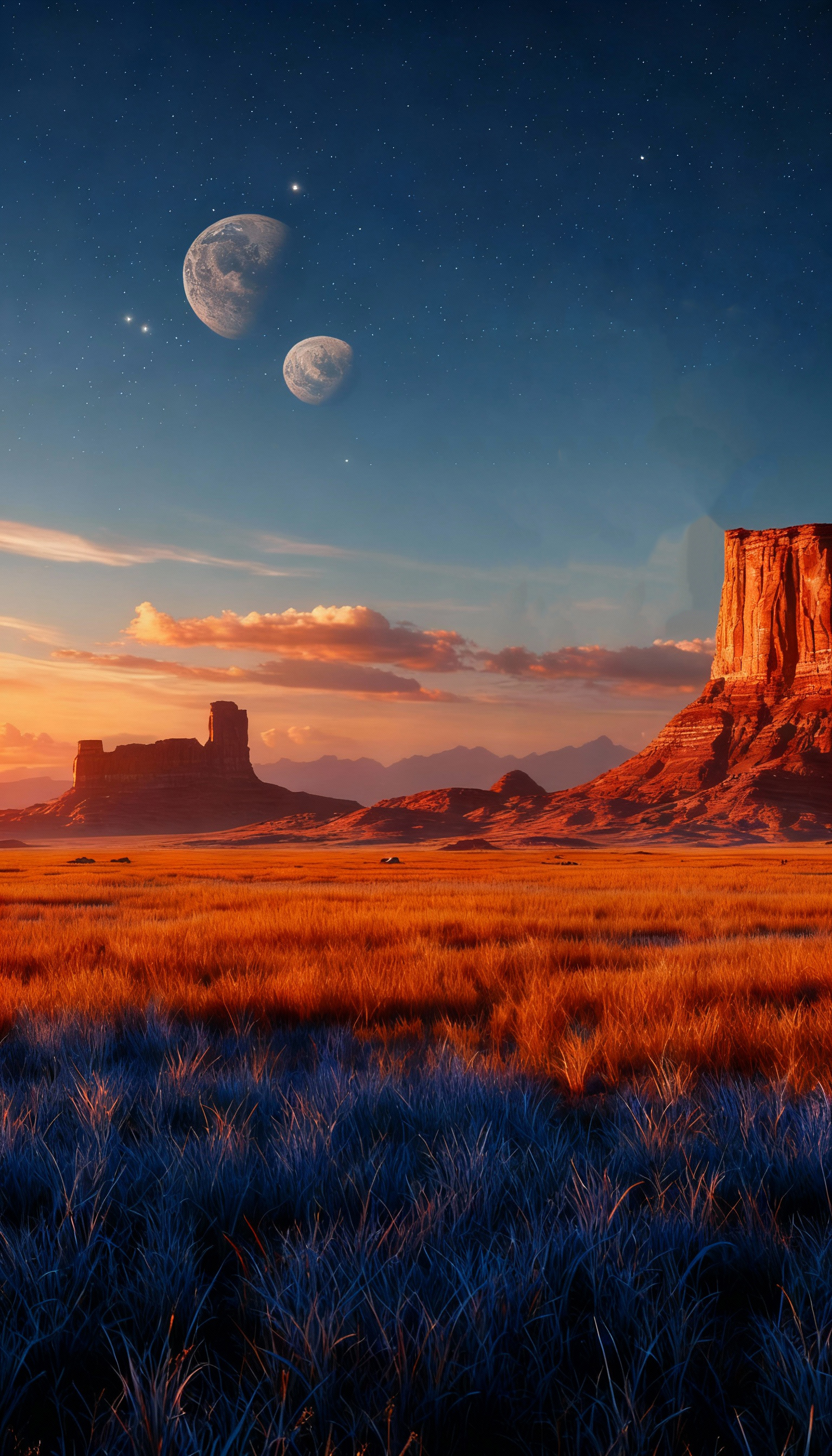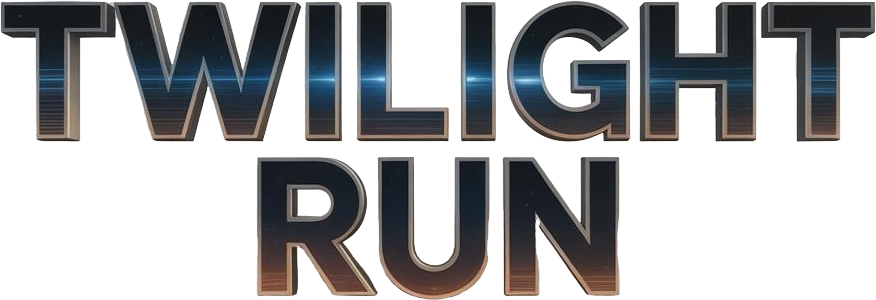Not So Simple Start

New Liberty, Terra Secundus, July 4, 2122
We arrived on Terra Secundus six months ago. It feels like both yesterday and a lifetime. When my family, the Carters, first volunteered for this mission, we carried hope and excitement in our hearts. We were among the first wave of American settlers, part of a broader effort to establish a foothold on this new world. As we descended through the atmosphere, the view took our breath away. Endless plains of orange and blue grass stretched to the horizon, towering cliffs shimmered in the light of twin moons, and the sky blazed with color. It looked like paradise.
But paradise, we learned, has its own trials.
Month One: Arrival and Uncertainty
The first weeks were chaos. We landed in what would later become New Liberty, a chosen settlement zone near both water and mineral reserves. Our family of five—my husband Tom, our three children, and I—had prepared for years. We brought everything we thought we would need: rations, tools, medical supplies, and even a hydroponic kit. But nothing on Earth could have prepared us for the reality of life here.
The weather was our first adversary. Terra Secundus is unpredictable beyond reason. One moment, the air is calm, the next, roaring winds sweep across the plains carrying shards of mineral dust that strip paint and scar metal. Our prefab shelters, built for endurance, required constant repair. By the end of the first month, nearly every family had suffered structural damage.
The world’s ecosystem presented its own dangers. Earth crops struggled in the alien soil, and the native flora proved deceptive—beautiful, but often toxic or corrosive. Our youngest, Ben, fell ill after touching a vine that triggered a violent allergic reaction. The medical team saved him, but it reminded us how vulnerable we were. We were guests in a world that did not yet accept us.
Month Two: Settling In
By the second month, we began to adapt, though the excitement of arrival had long faded. Days started before dawn to avoid the midday heat and ended late into the night. Tom joined the resource teams mapping mineral deposits and searching for metals to sustain construction. His shifts were grueling, and he often returned covered in dust, his voice hoarse from the wind.
I managed our hydroponic garden, coaxing small Earth plants to grow in nutrient baths. Lettuce and tomatoes began to flourish, but we all knew imported seeds would not last. Scientists were already discussing genetic adaptation, modifying crops to survive in native soil.
Food remained a constant concern. We still relied heavily on rations, supplemented by hydroponic yields. Some colonists attempted to hunt the native wildlife, but the creatures that roamed the plains were elusive and unsettling. Massive silhouettes moved through the mist at dusk, slow and deliberate. They kept their distance, but their presence never let us forget how small we were. At night, strange sounds echoed through the valley—low, resonant, almost musical. No one slept easily.
Month Three: The First Crisis
Our first real disaster came in the third month. The water. What we thought was safe turned against us. After a routine supply run, several colonists fell violently ill. Within hours, more followed—high fever, muscle spasms, even hallucinations. Panic swept through the settlement. The filtration systems had failed to detect microscopic organisms in the water, harmless to native life but toxic to us.
The medical team worked without rest. They isolated the organisms and recalibrated the filtration systems. The outbreak was contained within days, but the experience shook us to the core. We had taken clean water for granted, and this world reminded us how little we understood it. In the aftermath, the colony pulled together. Families volunteered to assist the medical staff and fortify the filtration network. For the first time, it felt like we were not just surviving—we were learning to endure together.
Month Four: Building Community
By the fourth month, New Liberty began to look less like a camp and more like a home. Families reinforced their shelters and built common spaces. Children played in the open fields, chasing each other through the strange, colorful grass. Ben had recovered, though we kept him away from the flora.
We celebrated the midpoint of our first year with a colony festival. Someone brought a guitar, and others shared what little food they had left. Laughter echoed under the twin moons, and for one brief evening, it felt like Earth again. There was pride in what we had achieved, and even greater pride in what we had survived.
We were no longer just Americans or members of distant nations. Here, on Terra Secundus, we were one colony, one people, building a future from the dust.
Month Five: Unexpected Discoveries
During an expedition north of New Liberty, Tom’s team made a discovery that would change everything. About fifty kilometers from the settlement, they found a field of metallic formations rising from the ground, remnants of ancient geological upheaval. Within the formations lay veins of rare minerals unlike anything we had seen before—materials that would later make New Liberty one of the most valuable cities in the Terran Core.
The discovery drew specialists from across the colony. Survey teams expanded operations, and soon, a second expedition was dispatched to study the site. The excitement was tangible, but beneath it was an unspoken truth. Every discovery reminded us how little we understood this world, and how fragile our place within it truly was.
Month Six: Hope and Determination
Now, at the six-month mark, I can finally feel something like hope. We have endured the storms, the sickness, and the silence of alien nights. Our crops are thriving in the hydroponic bays, and Tom’s mining team continues to uncover new resources. The colony is growing, and so is our resolve.
There are still unknowns ahead. Terra Secundus is a world of mystery, and it will test us for generations. But we have survived the hardest part—the beginning. We have learned that survival here is not just persistence, but adaptation. This planet is harsh, yet it is becoming our home. Each day brings new challenges, and with them, new reasons to endure.
As I look out across the plains of New Liberty, the two moons rising above the horizon, I know that we are no longer guests here. We are settlers of a new world, and our story is only beginning.
— Emily Carter, New Liberty Colony
